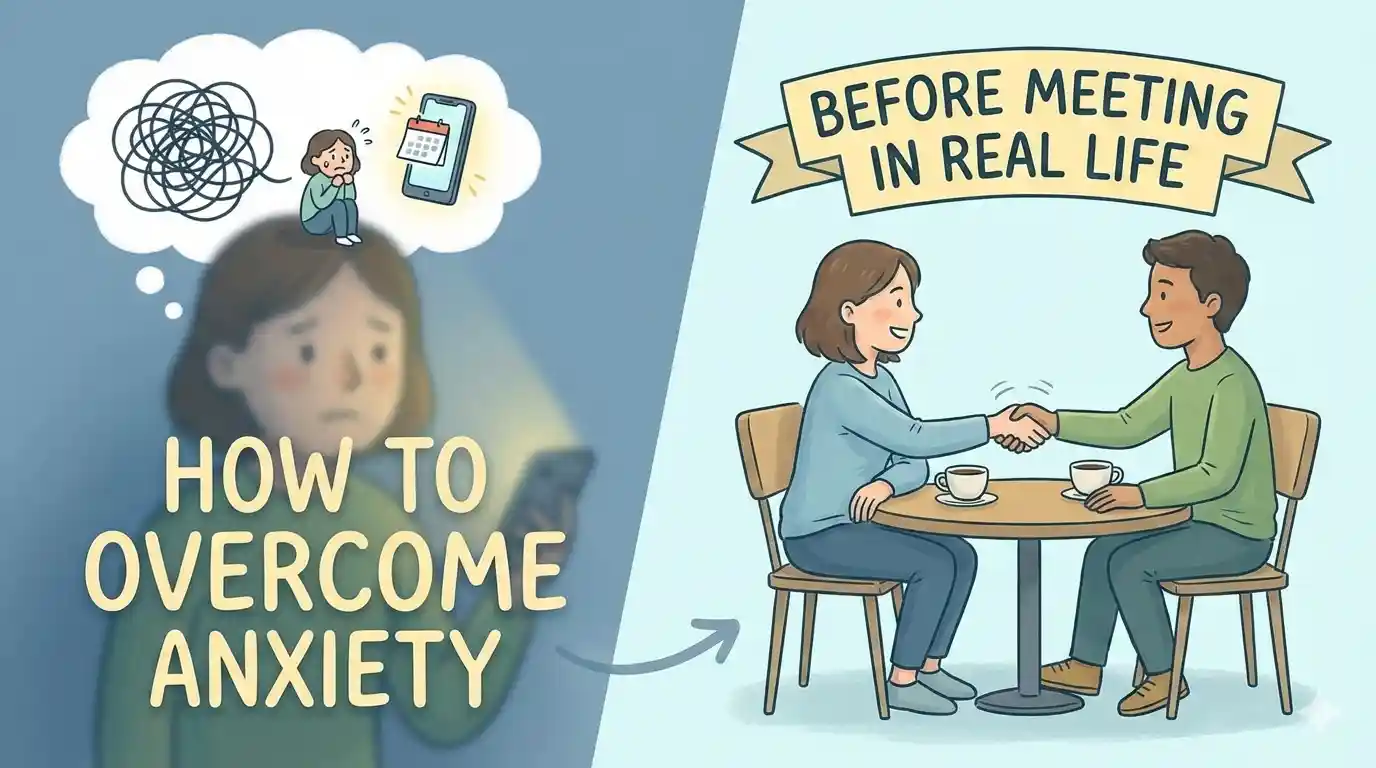Blockchain has been hailed as a groundbreaking technology capable of reshaping industries from finance to healthcare. In recent years, online gaming has emerged as one of the sectors experimenting with blockchain integration. The technology promises transparency, security, and decentralization, but it also introduces new challenges that could make the gaming world riskier for players. So, the big question is: will blockchain truly make online gaming safer, or could it expose players to new vulnerabilities?
How Blockchain Is Entering Online Gaming
The most obvious application of blockchain in gaming is through digital ownership. Players can now own unique, verifiable in-game assets stored on decentralized ledgers, making them tradable outside of the game itself. This concept has already taken root in NFTs and play-to-earn platforms. Blockchain also allows for secure and instant transactions using cryptocurrency, which removes the need for traditional banking systems.
Yet, just like in fast-paced formats such as car crash games, the excitement of blockchain-driven gaming can come with unpredictability. While the promise of decentralization sounds liberating, it also opens the door to risks such as lack of regulation, scams, and the possibility of losing access to assets if players mishandle their wallets.
Why Blockchain Could Make Gaming Safer
The transparency of blockchain is one of its strongest safety features. Every transaction is recorded on a public ledger, making it nearly impossible for developers or third parties to manipulate outcomes or cheat players. This level of openness is especially valuable in environments where trust has historically been a challenge, such as in online casinos or peer-to-peer marketplaces for in-game items.
Another advantage is security. Since blockchain transactions are encrypted and decentralized, they are much harder for hackers to tamper with. Players can make payments and trades without exposing sensitive banking details, reducing the risk of identity theft. This sense of control over digital assets may empower players, giving them more confidence to invest time and money in online platforms.
The Risks Blockchain Introduces
Despite its benefits, blockchain also makes online gaming riskier in certain ways. One of the biggest challenges is the lack of centralized oversight. If a player loses access to their crypto wallet, their assets are gone permanently—there’s no “forgot password” button to retrieve them. This creates a higher level of responsibility that many casual gamers may not be prepared for.
Fraud is another growing issue. While blockchain itself is secure, the platforms built on it are not always reliable. Poorly developed games, rug-pull scams, and projects that overpromise and underdeliver have already burned many early adopters. Without strong regulation, players remain vulnerable to exploitation.
The Balance Between Freedom and Safety
Blockchain’s role in gaming highlights the tension between freedom and protection. Decentralization gives players more independence, but with that comes the burden of safeguarding their own assets. Unlike traditional games, where companies provide customer support and enforce rules, blockchain-based platforms often leave players to fend for themselves.
This shift may be appealing to those who value autonomy, but it could alienate mainstream audiences who want security and ease of use. For blockchain gaming to grow, developers will need to find a balance between giving players freedom and ensuring adequate protections are in place.
The Future of Blockchain in Gaming
Looking ahead, the integration of blockchain into online gaming is likely to deepen. From esports betting to MMORPG economies, the potential applications are vast. Developers are already experimenting with hybrid models that combine blockchain’s transparency with traditional gaming structures. These could provide the best of both worlds: decentralized ownership with centralized support.
At the same time, regulators will play a critical role in shaping the future. Clear rules around crypto payments, digital asset trading, and gaming fairness could protect players while allowing innovation to flourish. Without this balance, blockchain gaming could remain a niche industry appealing primarily to tech-savvy risk-takers.
Final Thoughts
So, will blockchain make online gaming safer or riskier? The answer lies somewhere in the middle. The technology has the power to eliminate fraud, protect digital ownership, and increase transparency. But it also introduces new risks tied to regulation, responsibility, and fraud.
For players, the safest approach is cautious optimism. Blockchain offers exciting opportunities, but it should be embraced with awareness of its limitations. If developers, regulators, and players can work together to address these challenges, blockchain has the potential to make online gaming not just safer, but also more rewarding and fair.




